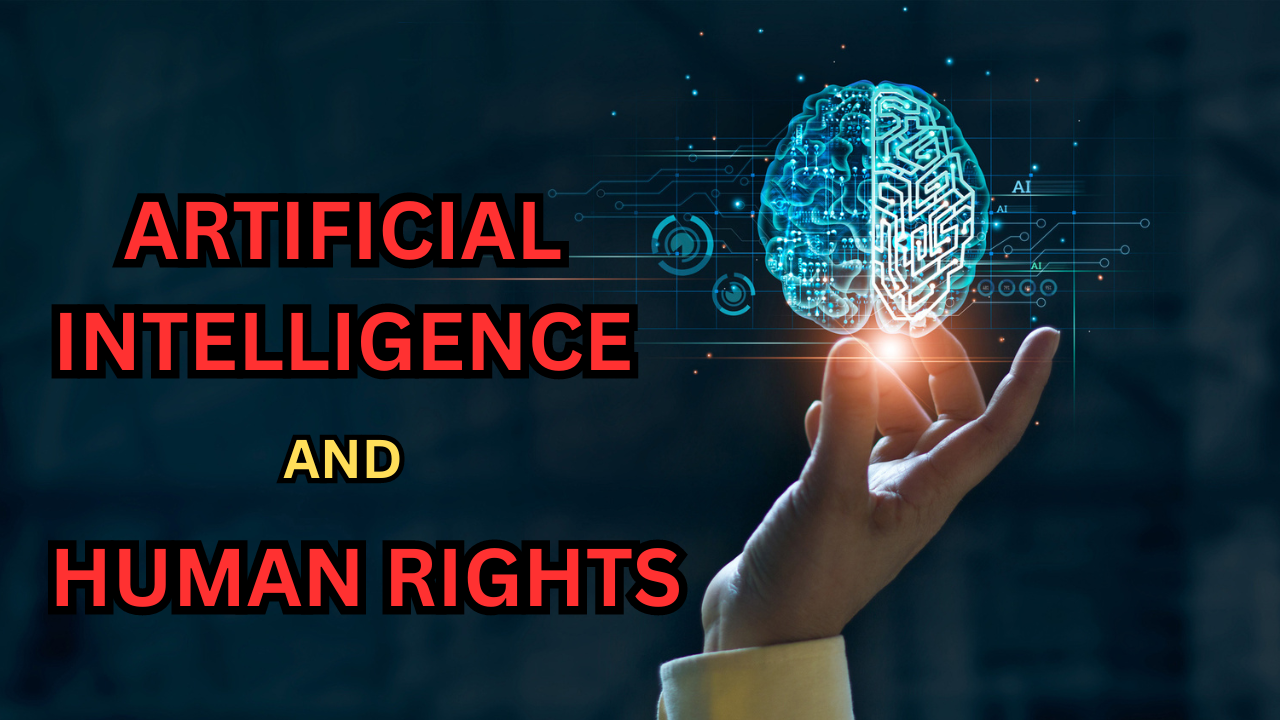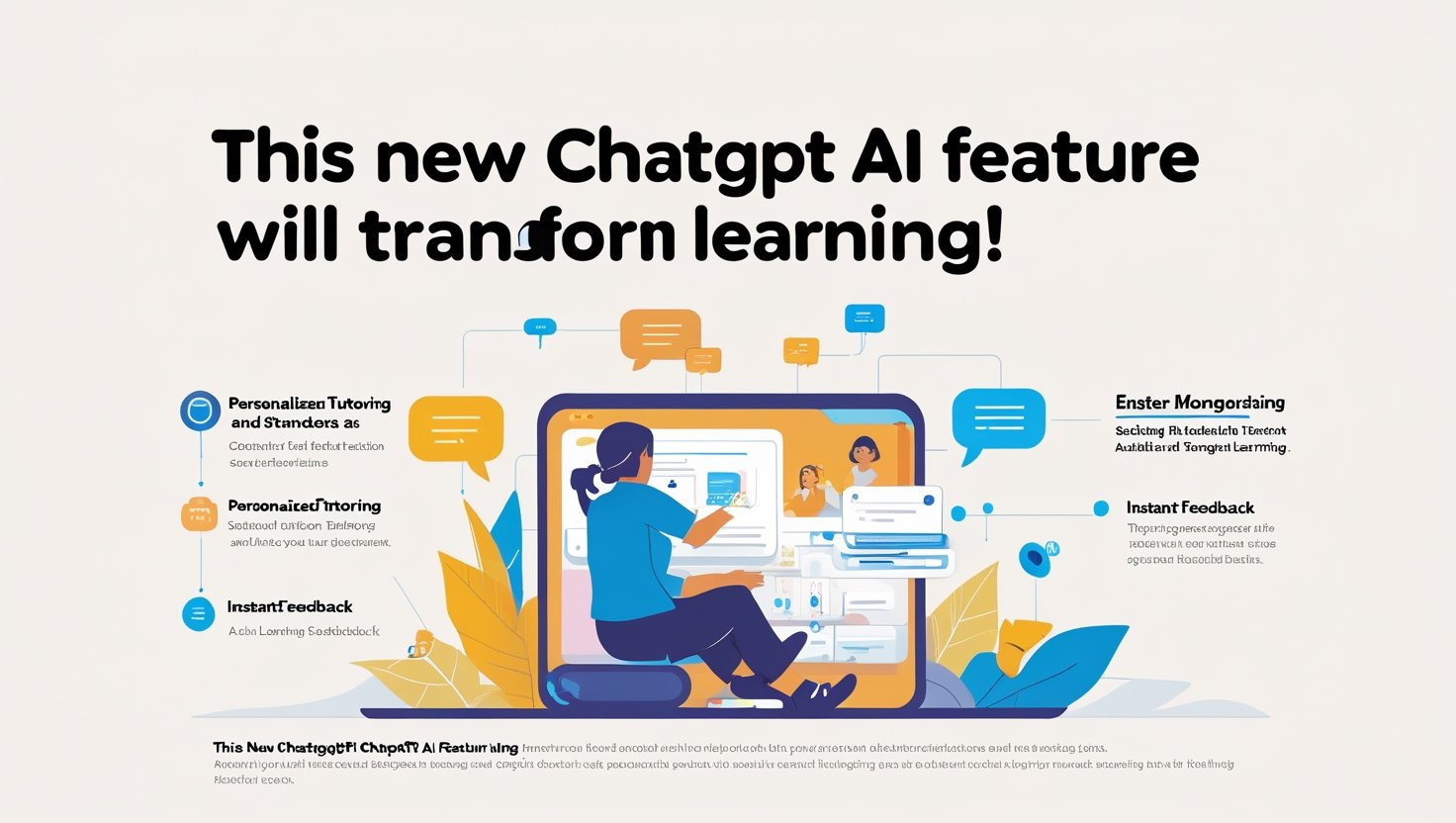AI is reshaping our world. But what does that mean for Human rights? On one hand, AI can enhance accessibility, helping people with disabilities navigate their environments. Yet there is a darker side, surveillance technologies can trespass on privacy and biased algorithms can spread discrimination. Imagine a world where decisions about jobs or loans are made by machines that do not understand our complexities. We must support ethical AI development. Make sure technology uplifts rather than undermines our rights. Balancing innovation with accountability is key to protecting our freedoms in this new digital age.
Understanding Human Rights:
Human rights are the fundamental rights and freedoms that everybody must have. These include the right to privacy, freedom of speech, and the right to be dealt with fairly. They are critical for ensuring that everyone is treated with dignity and appreciation.
How AI Impacts Privacy:
One of the most important issues with AI is privacy. AI structures can gather and examine large amounts of private statistics. For example, social media platforms use AI to track your likes, comments, or even your region. This information can be used to create unique profiles about you. While this could help enhance offerings and provide personalized studies, it also increases privacy problems. People fear about how their facts are being used and who has access to it. It is essential to have guidelines and policies to protect people’s privacy and make certain their statistics are used responsibly.
AI and Fair Treatment:
AI can also affect how fairly people are handled. For example, AI is used in hiring tactics to test resumes and select candidates. While this may assist in discovering high-quality candidates quickly, there is a danger that AI structures might be biased. If the information used to teach the AI is biased, it may cause unfair treatment for certain businesses of people. For example, if an AI machine is trained on information that has traditionally preferred one gender or race over every other, it will continue to make biased choices. This can cause discrimination and unfair treatment. It is critical to make certain that AI systems are designed to be honest and independent.
Freedom of Speech and AI:
AI also can affect freedom of speech. Social media structures use AI to display and mild content material. This means AI structures determine what content material ought to be allowed and what needs to be removed. While this may help save you from harmful content, it could also result in the censorship of lawful speech. There is a balance to be struck between holding structures and securing and protecting people’s right to explicit themselves. Clear tips and transparency about how content material is moderated can help ensure that freedom of speech is covered while also preserving dangerous content in tests.
AI and Job Displacement:
Another effect of AI on human rights is job displacement. AI and automation can perform obligations that have been formerly completed by humans. This can result in activity losses and financial challenges for employees who are replaced by using machines. It is critical to help workers who are affected by these modifications. This can include offering training and training to assist them examine new talents and discover new job possibilities. By doing this, we can help make sure that people are not left at the back as technology advances.
Ensuring Ethical AI:
To protect human rights, it is critical to apply AI ethically. This method creates and uses AI structures in approaches that appreciate people’s rights and freedoms. Here are some key points:
- Transparency: People need to recognize how AI systems are used and the way their records are added and used. Transparency enables building trust and guarantees that AI is used responsibly.
- Accountability: Developers and corporations must be held accountable for how their AI systems impact people. This method has clear policies and oversight to make certain that AI is used fairly and ethically.
- Inclusivity: AI systems have to be designed to include diverse perspectives and keep away from biases. This enables making sure that AI advantages all and sundry diverse and does not unfairly disadvantage certain organizations.
- Privacy Protection: Strong privacy protections should be in regions to protect people’s private data. This consists of the usage of stable strategies to store and deal with facts and give human beings control over their facts.
Conclusion:
AI has the potential to significantly impact human rights, both definitely and negatively. While it gives many benefits, which include progressed services and efficiencies, it also raises vital concerns about privacy, fairness, and freedom of speech. By specializing in ethical practices, transparency, and inclusivity, we can assist make certain that AI is used in approaches that admire and protect human rights. As AI continues to fit in, it is vital to keep those concerns in mind to create a future where technology enhances our lives at the same time as upholding our important rights.

